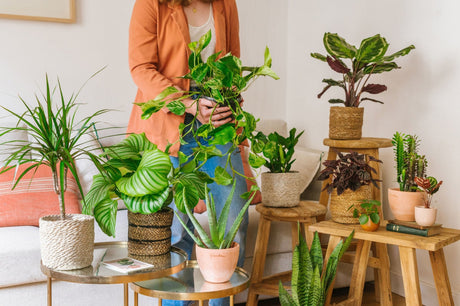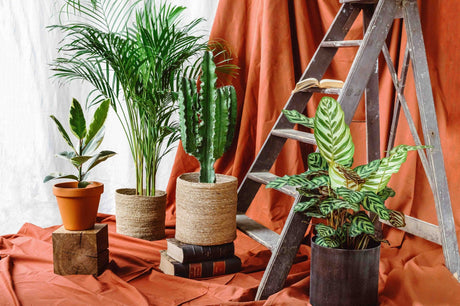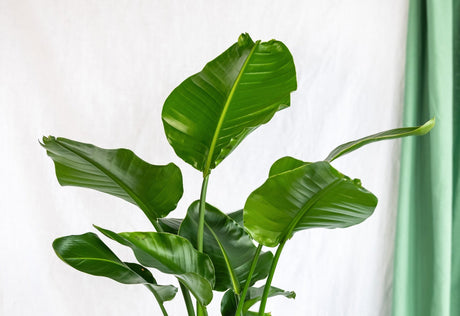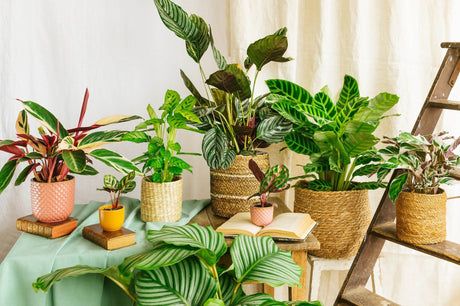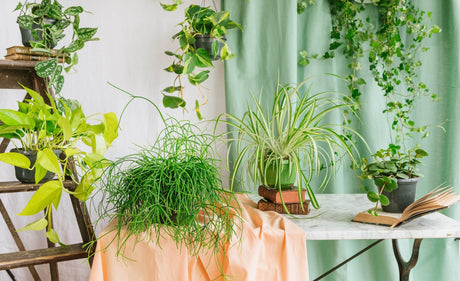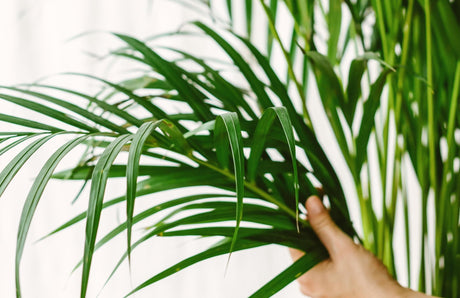Known and appreciated for their flowers and foliage, some plants, whether indoors or outdoors, are however toxic. It therefore seemed important to us to take stock with you of the toxic plants that we must learn to be wary of. The idea is that you are informed as well as possible in order to take full advantage of their beauty without any risk to your health, that of your children or your pets. Rhubarb is a very good example. We like to eat it, in jam or in a pie! However, you may not have known it, but if its stem is edible, beware of its leaf which is poisonous!
Poisonous outdoor plants
You probably think you know your garden like the back of your hand, in which you cultivate your vegetable garden, your fruits and vegetables and aromatic herbs of all kinds. But next to your edible plants that you pamper, can grow toxic or even deadly outdoor plants. It is therefore important to know a few simple rules to take no risks if you want to keep them for their aesthetics. Knowing how to recognize these toxic plants, even if there are a large number of them, seems to be essential.
So that toxic outdoor plants no longer have any mystery for you, find all the useful information in our article Outdoor Plants exterior toxic.
Poisonous indoor plants
The list is shorter for toxic houseplants, but here too, knowing how to identify them remains essential so as not to take any risk to your health! Like toxic outdoor plants, they can cause very dangerous poisoning risks. For example, Croton, Ficus and Yucca, which are very common in interiors, are among the poisonous houseplants. Whether through their sap, their seeds, leaves or stems, toxic indoor plants represent a danger of allergies or sometimes more serious reactions.
If you want to know more, it's here: Poisonous indoor plants.
Precautions to take
A few simple measures will help you limit the risks of poisonous plants, whether indoors or outdoors. Thus, you will first have to find out about the toxicity of the plants you wish to acquire, and carefully choose their location, take precautions when handling them, etc.
How to keep your cats away from plants
Finally, in order to make sure that your cat does not put itself in danger by nibbling your toxic indoor or outdoor plants, you can already put these plants up high, and for example add them to the ground coffee grounds to keep it away. There are other methods to deter your cat from endangering itself.

